Introduction
The financial health of a healthcare provider’s office is intricately tied to the efficiency of its revenue cycle. This complex process encompasses everything from patient registration to payment collection. Despite its critical importance, revenue cycle management (RCM) often presents various challenges that can affect a provider’s bottom line. In this blog, we’ll delve deeper into some of the most prevalent RCM challenges that healthcare provider offices encounter and explore effective strategies for addressing them.
1. Patient Registration Errors: The Foundation of RCM
The revenue cycle begins at the point of patient registration. Here, information accuracy is paramount, as even minor errors can result in claim denials and delayed payments. Misspelled names, incorrect insurance details, or missing information can lead to frustrating and costly claim rejections.
Solution: It’s essential to implement a comprehensive approach to patient registration. This should include staff training and verification processes to ensure precise data entry. Timely check sand cross-referencing can help you maintain accurate patient records.
2. Coding and Documentation: The Backbone of Billing
Accurate medical coding and comprehensive documentation are the backbone of effective billing. Mistakes in coding or in complete medical records can lead to claim denials or, conversely, underbilling. The challenges here can be multifaceted, as staying up-to-date with coding changes and maintaining proper documentation standards is an ongoing endeavour.
Solution: Ensure that your coding and documentation procedures are meticulous. This should include regular training sessions for staff to stay current with coding updates. Regular internal audit scan help maintain accuracy and compliance.
3. Claims Denials: The Unwanted Roadblock
Claim denials are a significant roadblock in the RCM journey. These denials can occur for various reasons, ranging from simple coding errors to the more complex lack of prior authorization.
Solution: To address claim denials efficiently, establish a robust denial management system. It should help in identifying denied claims promptly, enabling you to take corrective actions in a timely manner. This may involve the development of clear and efficient follow-up and appeals procedures to recover denied revenue.
4. Slow Claims Processing: The Waiting Game
Delays in claims processing can result in revenue bottlenecks. The reality is that insurance companies often take time to review and pay claims, causing financial strain on providers.
Solution: To combat slow claims processing, consider implementing efficient claims processing systems, which may include electronic submissions and the implementation of regular follow-up procedures. A proactive approach can help ensure smoother claims processing and a healthier cash flow.
5. High Administrative Costs: The Hidden Drain
The administrative costs of managing the revenue cycle can be surprisingly high, eroding your profits.
Solution: To address the challenge of high administrative costs, consider outsourcing certain RCM tasks to specialized services like Way2Cloud. Outsourcing can help reduce administrative overhead, improve efficiency, and optimize your overall revenue cycle.

6. Patient Payment Collections: A Delicate Matter
Collecting patient payments can be challenging, especially in the context of the rising popularity of high-deductible health plans. Many patients either delay or struggle to pay their medical bills.
Solution: Enhance your patient communication and payment collection procedures. This might involve offering flexible payment plans and making the payment process as convenient as possible. Creating a seamless and patient-friendly payment experience can go a long way in improving collections.
7. Compliance and Regulatory Changes: The Ever-Shifting Landscape
The healthcare industry is heavily regulated, and staying compliant with ever-evolving regulations is a constant challenge.
Solution: Regularly update your policies and procedures to align with changing regulations. This should involve staying in formed about industry changes and considering external RCM services to help with compliance. An experienced partner can assist in navigating the regulatory landscape while ensuring your practice’s financial stability.
Conclusion
Effective revenue cycle management is the linchpin of a healthcare provider’s financial success. By addressing common challenges like patient registration errors, coding issues, claims denials, slow processing, high administrative costs, patient payment collections, and compliance concerns, provider offices can significantly improve their financial health. The path to a streamlined revenue cycle may involve investing in RCM solutions like those offered by Way2Cloud to optimize efficiency and reduce costs.
Thank you for reading!
Originally published at https://w2c-health.com/ on February 8, 2024
We’ll be an extended part of your team
Unlock the full potential of your healthcare facility by partnering with Way2Cloud Health today - Let us handle your revenue cycle management, so you can focus on what truly matters: delivering exceptional patient care and driving financial growth.